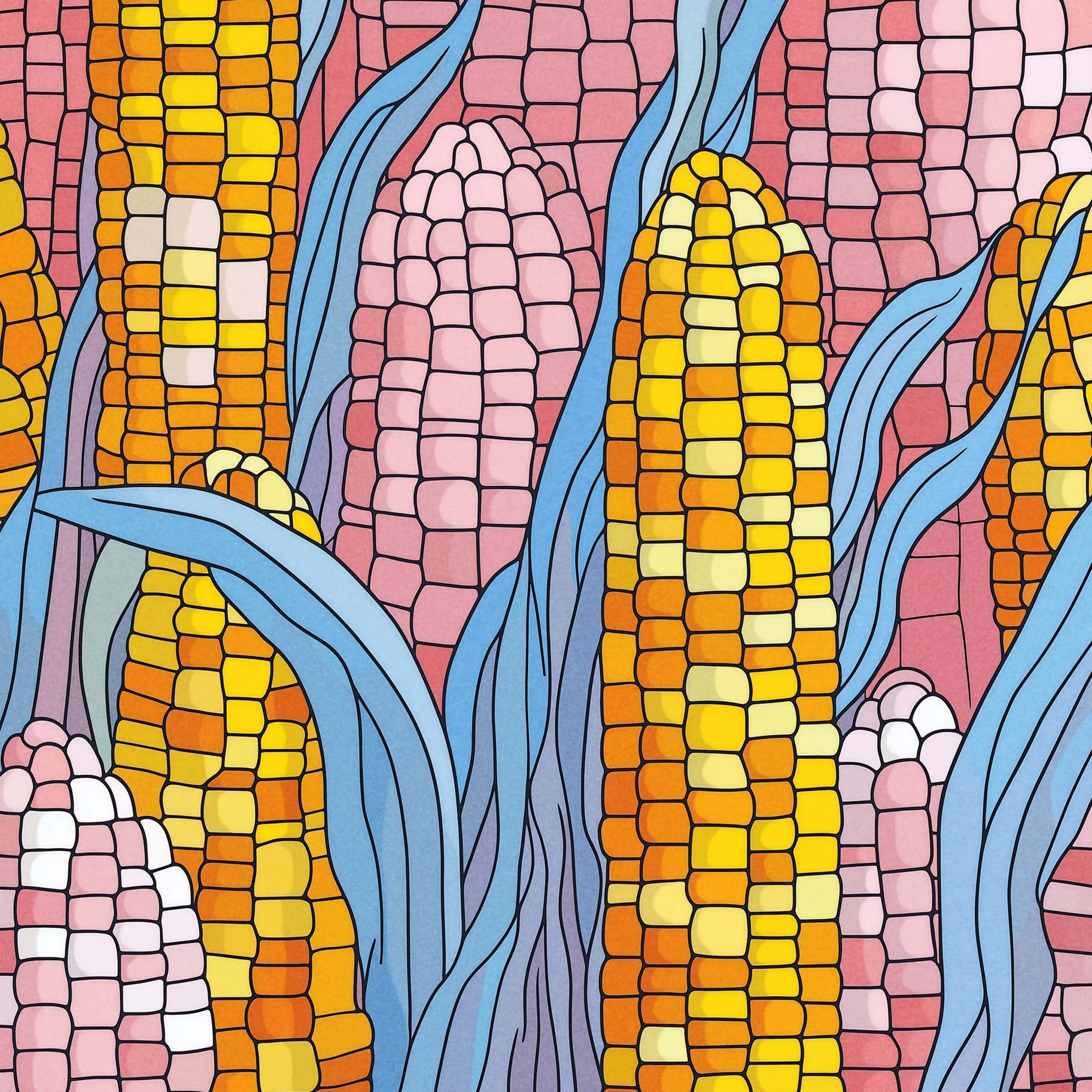
20 Mind-Blowing Facts About Ethanol, Humanities Favorite Energy Molecule
Ever wondered what's really in that glass of bubbly you're sipping? Or why your car sometimes smells like a giant cocktail? Welcome to the wild world of ethanol, the molecule that's been spicing up human civilization since before we knew how to write. From powering rockets to preserving pickles, this versatile alcohol is more than just a social lubricant. Buckle up, science enthusiasts and trivia lovers, as we embark on a journey through 20 jaw-dropping facts about ethanol (aka: C2H5OH) that'll make you the life of any party - chemical or otherwise.
1. Ethanol can power spacecraft engines, making it a literal rocket fuel.
Who said astronauts can't party? This humble alcohol has actually propelled spacecraft, proving that even rockets need a little liquid courage to break free from Earth's gravity. Next time you raise a glass, remember you're holding a bit of space-grade fuel in your hand. Cheers to that, Buzz Aldrin!
2. The human body naturally produces small amounts of ethanol through digestion.
Turns out, we're all walking distilleries. Our gut bacteria are constantly fermenting away, creating tiny amounts of ethanol as a byproduct. So, the next time someone accuses you of having one too many, you can truthfully say, "It's not me, it's my microbiome!" Just don't expect that excuse to hold up in court.
3. Pure ethanol freezes at an extremely low temperature, making it an effective antifreeze.
With a freezing point of -173.5°F (-114.1°C), pure ethanol laughs in the face of winter. This property makes it an excellent antifreeze, ensuring your car doesn't turn into a popsicle during those brutal cold snaps. It's like having a minibar in your radiator, minus the tiny umbrellas.
4. Ethanol is the only energy source that's also a direct food source, providing calories.
Packing a punch at 7 calories per gram, ethanol stands alone as the only energy vessel that's also a nutrient. It's like the overachieving cousin in the calorie family. However, we don't recommend substituting your kale smoothie with a vodka martini just yet. Your liver might have some objections.

5. Ancient Egyptians likely used ethanol as an anesthetic for surgeries as early as 3000 BC.
Move over, modern medicine! The ancient Egyptians were probably using ethanol as a painkiller for surgeries millennia ago. Imagine going under the knife with nothing but a goblet of wine to dull the pain. Suddenly, your dentist's office doesn't seem so bad, does it?
6. Ethanol can be produced from virtually any plant material, including agricultural waste.
In a world drowning in waste, ethanol steps up as an eco-hero. From cornhusks to sawdust, almost any plant matter can be transformed into this versatile fuel. That means your table scraps could potentially power your commute. Talk about going green while seeing yellow at the pump!
7. Ethanol is used to extract vanilla from vanilla beans to create vanilla extract.
Ever wondered how we coax that heavenly vanilla flavor into your favorite treats? Thank ethanol! It's used to extract the flavor compounds from vanilla beans, creating the extract that makes your desserts sing. So next time you're enjoying a vanilla-flavored delight, remember it's had a little boozy adventure of its own.
8. Ethanol can be used as a fuel in aircraft engines, expanding its transportation applications.
Ethanol isn't just for cars and rockets; it can also power aircraft engines. Imagine boarding a plane and hearing the pilot announce, "This flight is brought to you by the same stuff in your cocktail." Suddenly, in-flight drinks take on a whole new meaning.
9. Ethanol can be used to create crystal-clear ice cubes by slowing the freezing process.
Want to impress your cocktail-snob friends? Use ethanol to create ice cubes clearer than a mountain stream. By slowing down the freezing process, ethanol helps produce ice that's more transparent than your attempts to hide your social media stalking. Just remember, these cubes are for looking at, not licking!
10. Fruit flies are strongly attracted to ethanol, explaining their presence around fermented foods.
If you've ever wondered why fruit flies seem to appear out of thin air when you open a bottle of wine, here's your answer: they're ethanol enthusiasts. These tiny tipplers can detect and are drawn to even small amounts of the substance. Who knew insects could be such party animals?
11. Ethanol is used in the production of perfumes to help blend and stabilize fragrances.
Ethanol plays a crucial role in the perfume industry, helping to mix and set your favorite scents. So, when you spritz on that designer fragrance, you're essentially dousing yourself in high-class hooch. It's like happy hour for your skin!
12. The fermentation process that produces ethanol predates human civilization.
Nature was brewing long before we figured out how to build pyramids or invent the wheel. The natural fermentation process that creates ethanol has been occurring since before humans walked the Earth. It's nice to know that even in our primordial soup days, the building blocks of a good time were already in place.
13. Ethanol serves as an eco-friendly solvent in many industrial processes, replacing harmful chemicals.
In the world of industrial chemistry, ethanol is the superhero we need. It steps in to replace harmful chemicals in many processes, saving the day (and the environment) while smelling faintly of happy hour. It's like the Captain Planet of solvents.
14. High-concentration ethanol can preserve biological specimens indefinitely.
While it might not grant you eternal life, high-concentration ethanol can keep biological specimens looking fresh for centuries. So your great-great-grandchildren could potentially marvel at your perfectly preserved appendix. A dubious consolation, perhaps, but impressive nonetheless.
15. Ethanol has a high octane rating, making it a popular choice for high-performance racing fuels.
With an octane rating of 113, ethanol is the speed demon of fuels. It's no wonder it's used in various racing competitions, including NASCAR and the Indy Racing League. So next time you're stuck in traffic, just imagine you're in a very slow, very safe race car.
16. Blending ethanol with gasoline reduces fuel prices at the pump.
Here's a toast to your savings account: ethanol blending reduces gas prices by about 22 cents per gallon, according to a 2019 study. That's like getting a discount on your discount fuel. Your car and your bank balance can both breathe a little easier.
17. Ethanol production is highly energy-efficient, producing more energy than it consumes.
Ethanol production is so energy-efficient, it's practically showing off. A 2016 USDA study found that ethanol produces at least double the energy required to make it. If only our morning coffee had that kind of return on investment!
18. Ethanol production requires less water than conventional oil refining.
In a world where water conservation is crucial, ethanol production is doing its part. It takes an average of 2.7 gallons of water to produce a gallon of ethanol, compared to 2.1 – 5.4 gallons for a gallon of crude oil. Ethanol: saving you money at the pump and in your water bill!
19. Ethanol significantly reduces greenhouse gas emissions compared to gasoline.
When it comes to reducing greenhouse gas emissions, ethanol is punching well above its weight class. From production to usage, it reduces emissions by 34% to 44% compared to gasoline. It's like a tiny environmental warrior in every tank.
20. Ethanol production creates valuable co-products, including high-protein animal feed.
Ethanol production is the ultimate multi-tasker. One bushel of corn produces 3 gallons of ethanol and 17 pounds of dried distillers grains with solubles (DDGS), a high-protein feed for livestock. It's feeding your car and your burger at the same time! That is neat and all, but we should all be mindful of what food is actually healthy for livestock. It isn't often the highly processed stuff! Maybe we can find another use though:-)
Bonus Fact: The Ford Model T, introduced in 1908, was designed to run on ethanol.
Here's a nugget for the history buffs: Henry Ford's iconic Model T was a flex-fuel vehicle before the term even existed. That's right, your great-grandparents were driving ethanol-compatible cars over a century ago. Ford was clearly a man ahead of his time, or perhaps just a really big fan of moonshine.
From powering spaceships to preserving science experiments, ethanol proves it's more than just the life of the party. This versatile molecule has been with us since the dawn of civilization, and it looks like it's here to stay. Whether you're filling up your gas tank, enjoying a cocktail, or simply appreciating the scent of your favorite perfume, remember the extraordinary capabilities of this ordinary alcohol.





